
Canon AE-1: Una Reflex a Pellicola che Continua a Ispirare
Quello che otterrai qui è uno sguardo alla storia della Canon AE-1 e al motivo per cui continua a entusiasmare i fotografi oggi.
La Canon AE-1 è stata lanciata nel 1976, la prima reflex ampiamente disponibile a integrare l'elettronica a microprocessore. Ha portato l'esposizione automatica a priorità di otturatore nelle mani dei fotografi di tutti i giorni, rendendo il controllo creativo accessibile senza una complessità opprimente. Quasi 50 anni dopo, l'AE-1 rimane uno dei punti di ingresso più ispiratori nella fotografia analogica.
Ricordo ancora di aver usato una Canon AE-1 per la prima volta: aspettando tra uno scatto e l'altro, pensando alla luce e rendendomi conto di come la pellicola richieda pazienza e intenzione rispetto alla mia fotocamera digitale.

Caratteristiche chiave che contano nel 2025
Quello che otterrai qui è un'analisi delle specifiche dell'AE-1 che hanno ancora valore oggi.
SLR 35mm con obiettivi FD
La fotocamera Canon AE-1 utilizza il montaggio Canon FD con obiettivi a messa a fuoco manuale, dando accesso a una vasta libreria di obiettivi vintage che si abbina splendidamente al suo
Modalità di esposizione
I fotografi possono scegliere l'esposizione automatica a priorità di otturatore per facilità d'uso o passare a controlli manuali completi per un controllo creativo più profondo e una migliore comprensione.
Semplicità della batteria
L'AE-1 funziona con la batteria 4LR44/PX28, economica e ampiamente disponibile—non c'è bisogno di preoccuparsi di fonti di energia rare.

Chi dovrebbe considerare la Canon AE-1?
Quello che otterrai qui è una guida su chi trae maggior beneficio da questa SLR senza tempo.
L'AE-1 è una macchina fotografica per principianti ideale, grazie alla sua modalità priorità di apertura intuitiva che insegna ai fotografi i fondamenti dell'esposizione. È abbastanza discreta per i fotografi di strada e abbastanza potente per coloro che integrano la pellicola in un flusso di lavoro ibrido digitale.
Per me, scattare in pellicola insieme al digitale ha aperto un nuovo strato creativo: ho iniziato a pensare meno alla quantità e più alla direzione narrativa.

Fotografia Creativa con la Canon AE-1
Quello che otterrai qui è ispirazione su come utilizzare creativamente l'AE-1 oggi.
La sua dimensione lo rende adatto ai viaggi, mentre la sua durata incoraggia a scattare in diverse condizioni. Progetti di film di strada, ritratti o sperimentali diventano più significativi con questa esperienza analogica e deliberata.
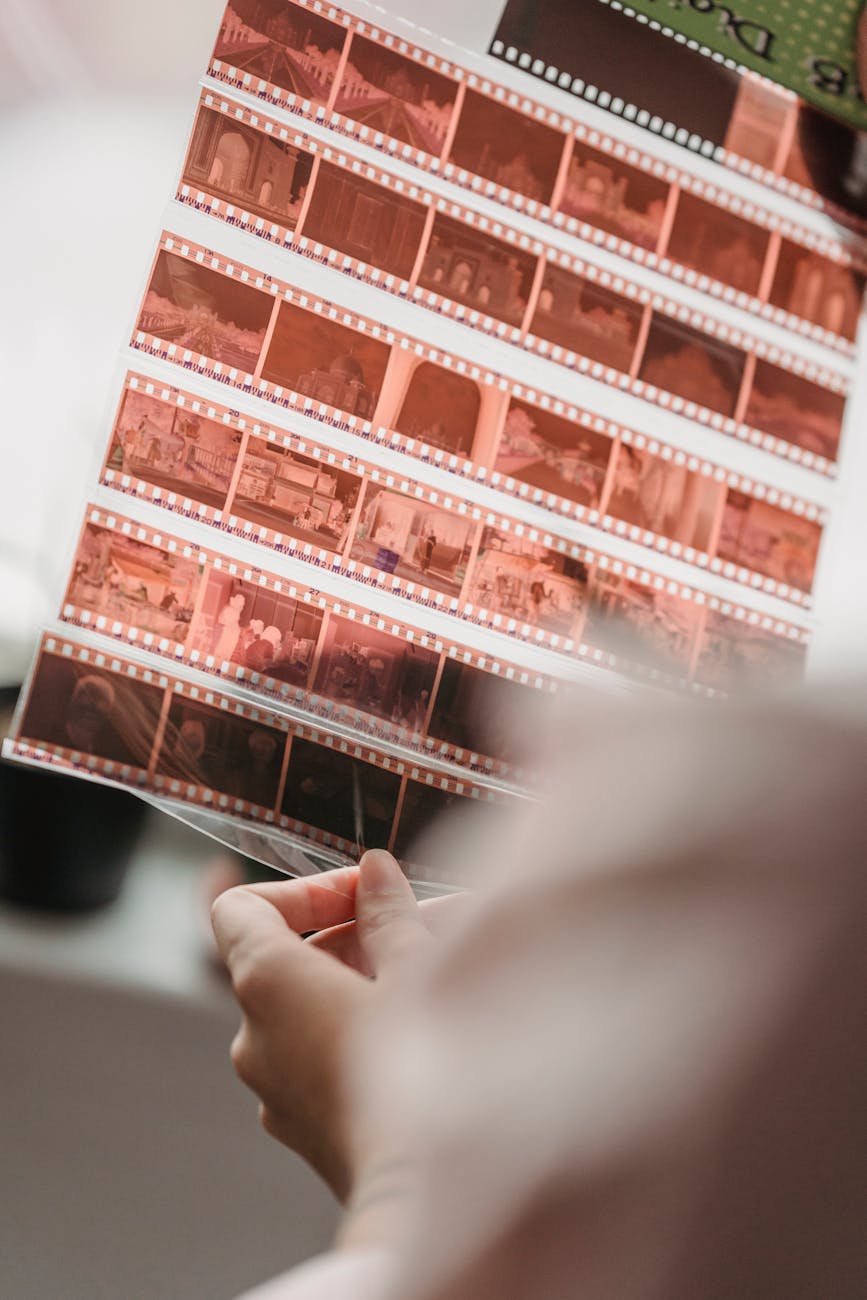
Acquistare la Canon AE-1 di seconda mano
Quello che otterrai qui sono consigli pratici per garantire un acquisto solido della Canon AE-1 di seconda mano.
```html- Testa la funzione dell'otturatore a diverse velocità
- Controlla il mirino per polvere o funghi
- Ispeziona le guarnizioni della luce per perdite
- Conferma che il vano batteria sia pulito
- Esamina l'obiettivo per una messa a fuoco fluida e vetro chiaro
Una volta mi sono imbattuto in un AE-1 funzionante con un obiettivo da 50 mm f/1.8 in un mercatino—polveroso ma perfettamente funzionante dopo una semplice pulizia.

Ottenere il massimo dall'AE-1 oggi
Quello che otterrai qui sono idee creative e pratiche per far brillare l'AE-1 oggi.
Sii intenzionale nella scelta della pellicola. ``` Adatta gli obiettivi FD per l'uso su fotocamere mirrorless per estenderne l'utilità. Aggiornamenti come nuove cinghie o borse da trasporto offrono comfort, mentre esposimetri esterni garantiscono fiducia nell'esposizione.

Considerazioni finali
Quello che otterrai qui è una riflessione conclusiva sulla Canon AE-1 nella fotografia moderna.
La fotocamera a pellicola Canon AE-1 continua a essere un'introduzione accessibile, ispiratrice e pratica alla fotografia analogica. È amata dagli appassionati ed è un pezzo prezioso di attrezzatura per i narratori. Che tu stia esplorando A fotocamere o sfogliando S fotocamere, l'AE-1 rimane una solida scelta di seconda mano.
Domande frequenti
È la Canon AE-1 adatta ai principianti? Sì, l'esposizione automatica a priorità di otturatore aiuta i nuovi fotografi a imparare, mentre la modalità manuale supporta la crescita.
Quale batteria utilizza la Canon AE-1? Utilizza una batteria 4LR44/PX28, economica e ampiamente disponibile online.
Cosa dovrei controllare prima di acquistare una Canon AE-1 di seconda mano? Controlla il funzionamento dell'otturatore, le guarnizioni, il vano batteria e le condizioni dell'obiettivo per un acquisto affidabile.
Le lenti Canon FD della AE-1 possono essere utilizzate su fotocamere moderne? Sì, le lenti FD possono essere adattate a supporti mirrorless per flussi di lavoro ibridi.
Decisione rapida
- Acquistala se desideri una SLR 35mm adatta ai principianti.
- Evitala se hai bisogno di automazione moderna veloce. ```html
- Sceglilo per una pratica creativa consapevole oltre le fotocamere digitali.
Pro
- Sistema di esposizione accessibile
- Compatto, durevole
body - Ampia gamma di obiettivi FD
- Disponibilità di seconda mano a prezzi accessibili
Contro
- Dipendente da componenti elettronici che possono guastarsi
- Non ha capacità di autofocus
- Richiede tempo e costi per lo sviluppo della pellicola
Acquista oggi le nostre fotocamere Canon AE-1 di seconda mano e inizia il tuo viaggio nel mondo tattile ed espressivo della narrazione analogica.




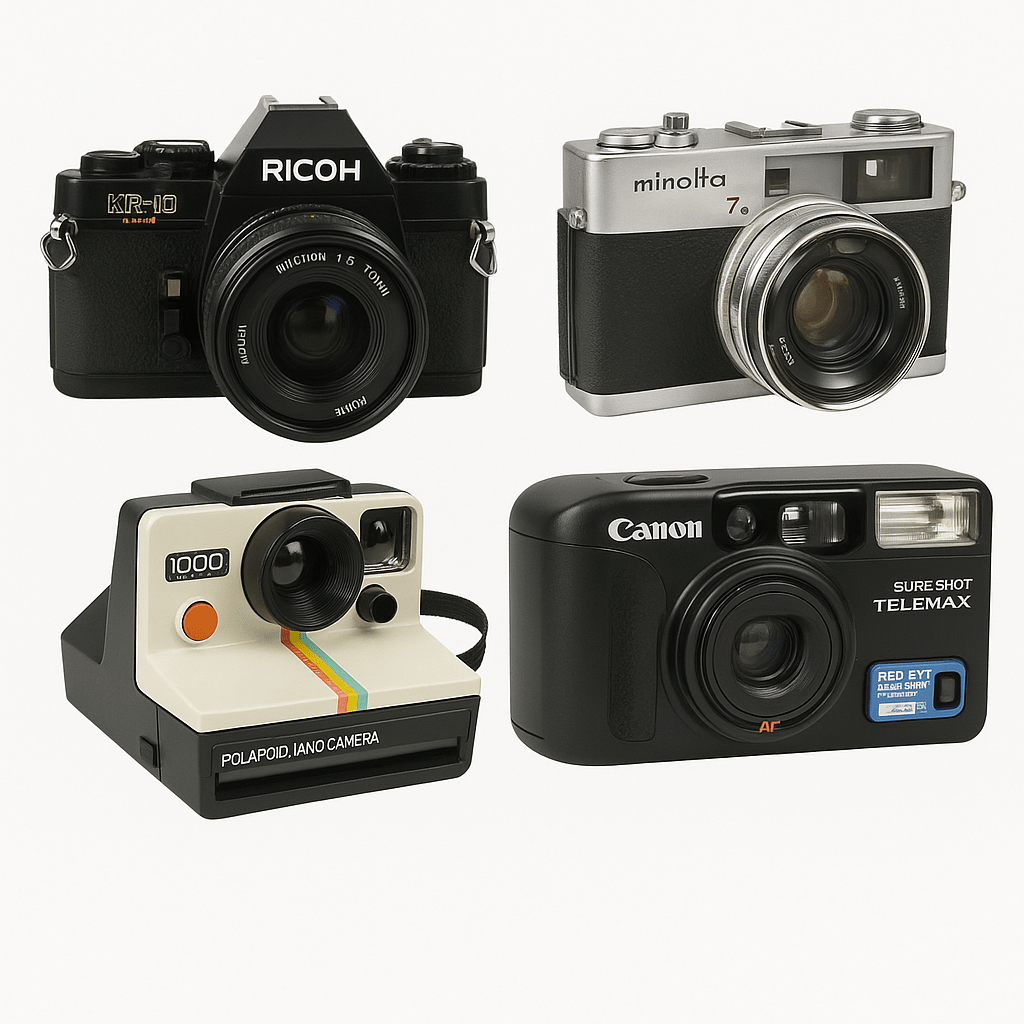
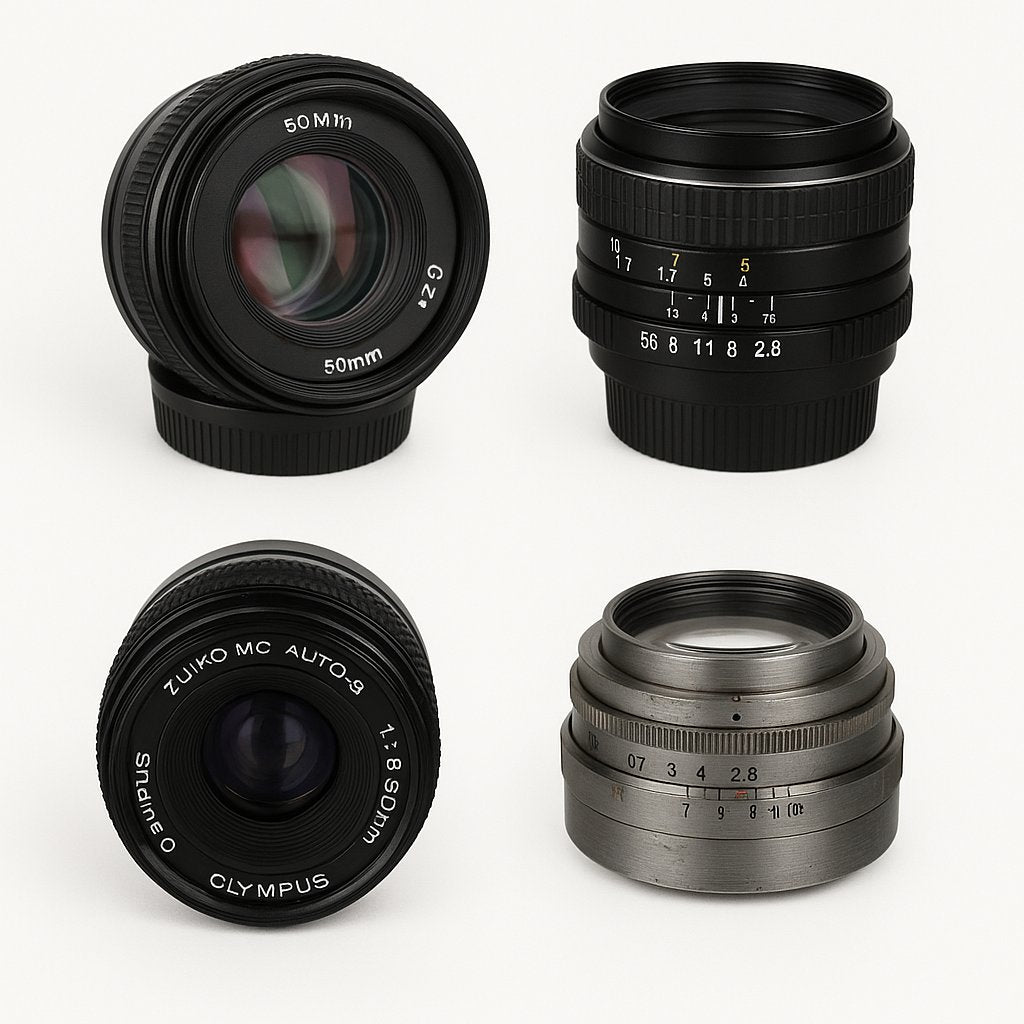
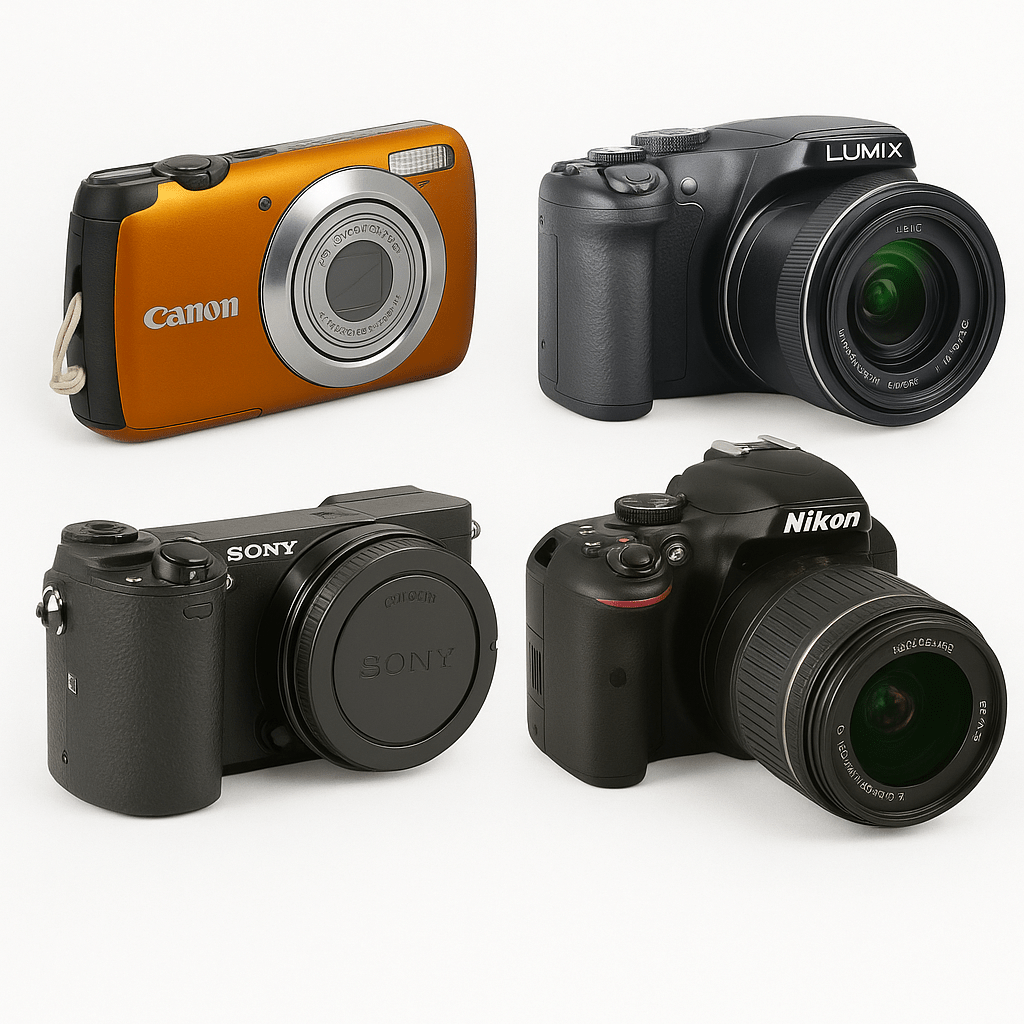
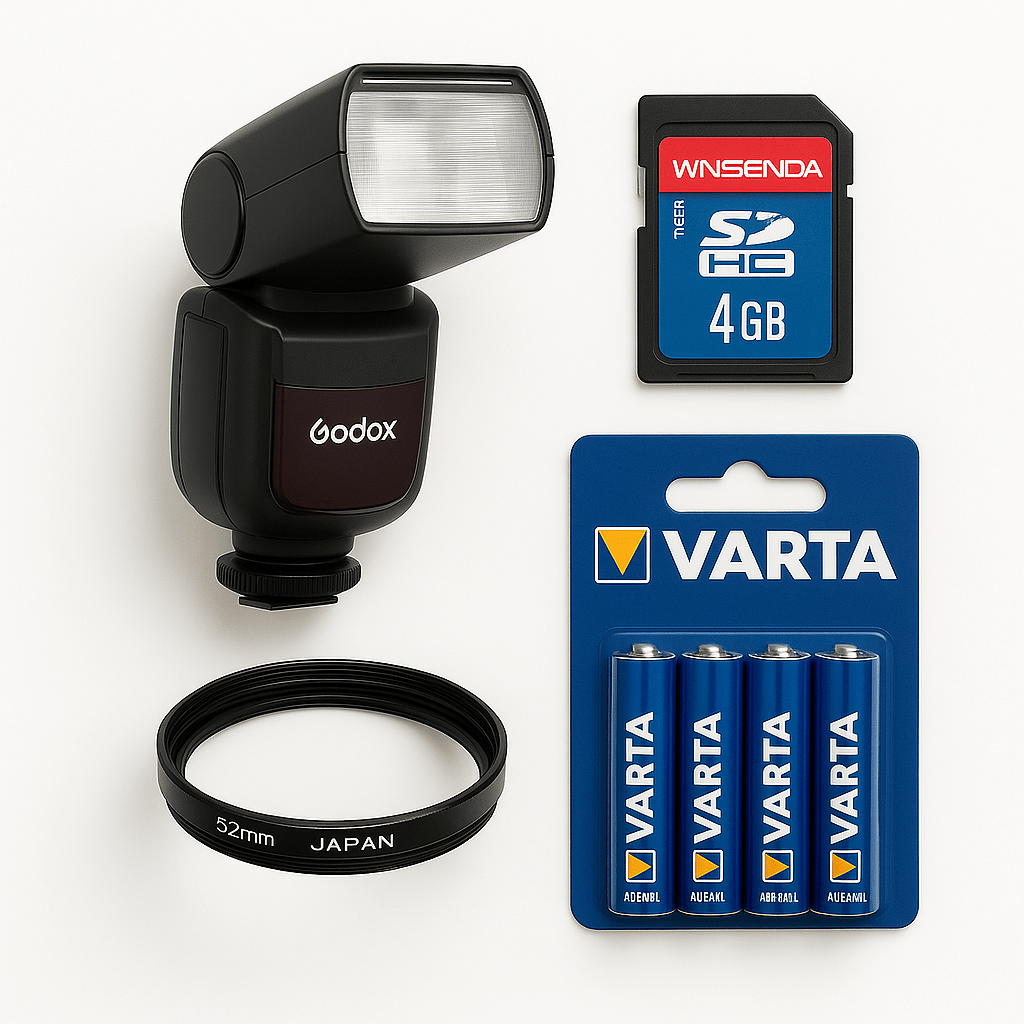
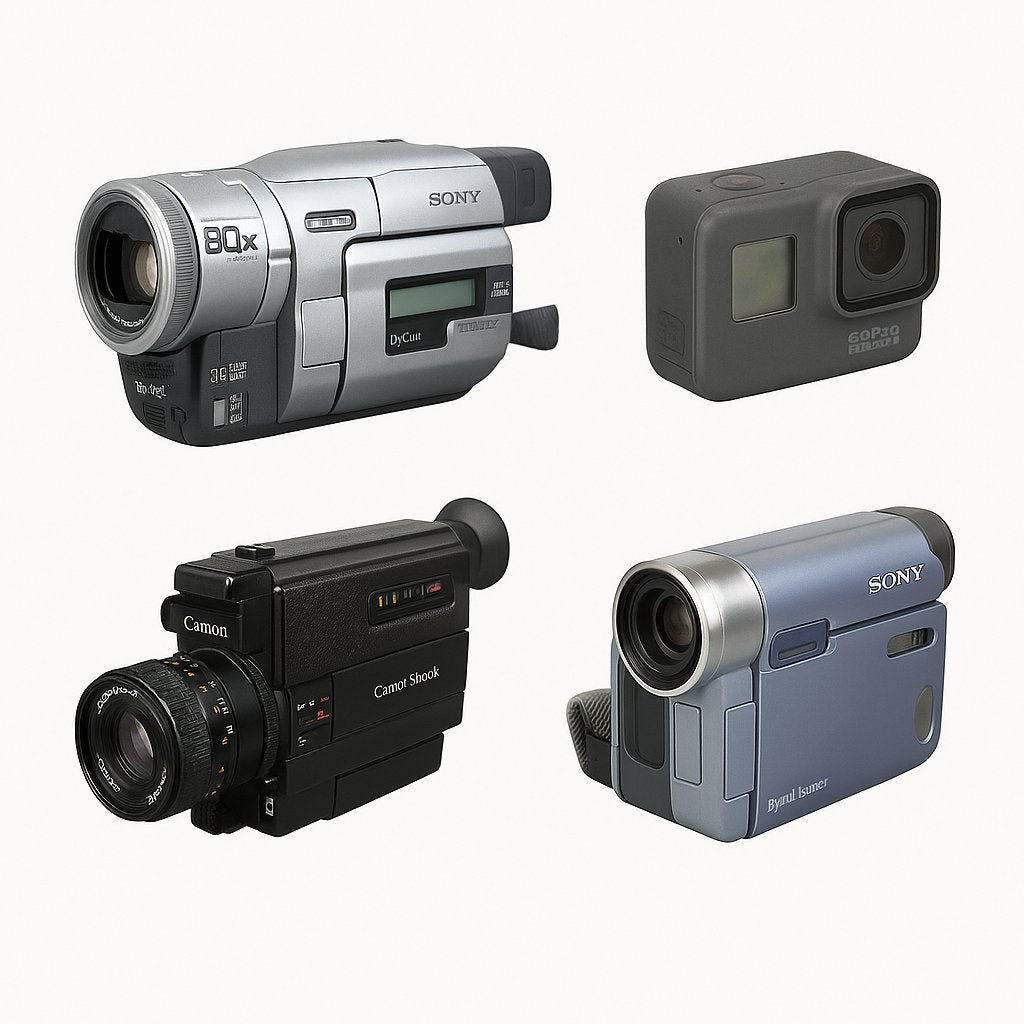
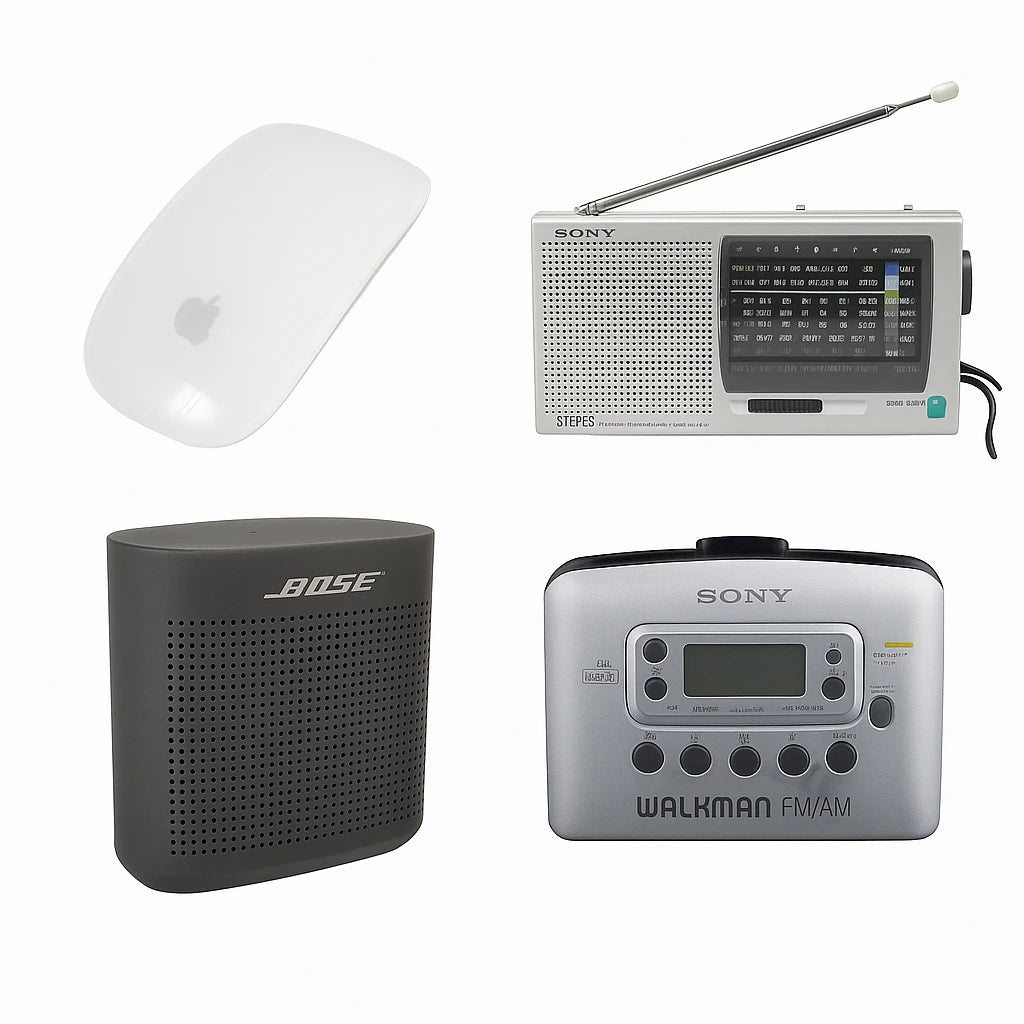
0 commenti